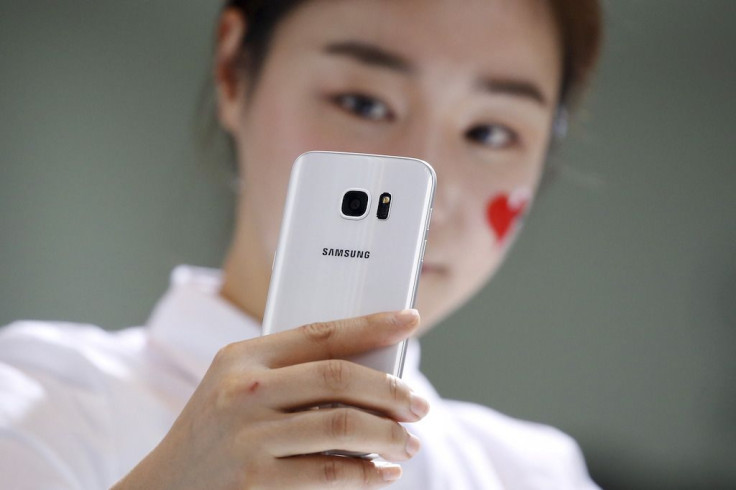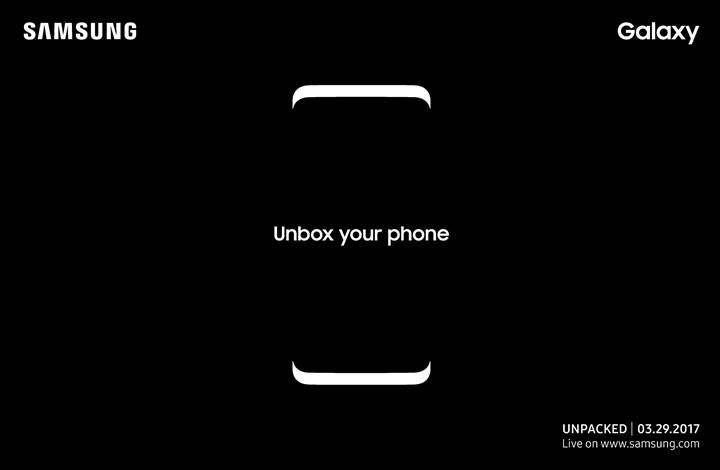Samsung Galaxy S8 Could Come With Facial Recognition Technology Instead Of An Iris Scanner

Samsung’s Galaxy S8 information has been leaking non-stop in the last few days, and now one of its key features may have been revealed as well. A new report has surfaced claiming that that Galaxy S8 will come with facial recognition technology.
The long-standing rumor was that Samsung was going to implement its iris scanner technology from the Galaxy Note 7 onto this year’s Galaxy S8. However, that will no longer be the case, an unnamed Samsung official told the Korea Economic Daily, as per The Investor.

The main reason why Samsung decided to ditch the iris scanner in favor of facial recognition technology was because iris scanning was unreliable in terms of speed. The unnamed Samsung official claims that the face scanner will take less than 0.01 seconds to unlock the phone.
What’s interesting about this report is that it arrives at a time when Apple is also being rumored to be replacing its fingerprint scanner with a face scanner for the iPhone 8. It would seem as though Samsung wants to beat Apple to the punch by implementing the same tech on the Galaxy S8 which is expected to be revealed this coming March 29.
Samsung has already been testing Galaxy S8 prototypes featuring the face scanner. The Galaxy S8 will still come with a fingerprint scanner, but it will be placed on the back next to its camera.
Unlocking smartphones by scanning a user’s face isn’t unheard of. The same feature is already a built-in feature on the Android operating system, as pointed out by Phone Arena. It’s possible that Samsung may have simply activated the Android feature for the Galaxy S8. Android’s face recognition tech doesn’t require any special hardware and it only need a front-facing camera in order to work.
Another possible scenario is that Samsung may have developed its own software to include facial recognition on the Galaxy S8. The company has a history of making alternatives to Google’s offerings on Android.
© Copyright IBTimes 2025. All rights reserved.



















